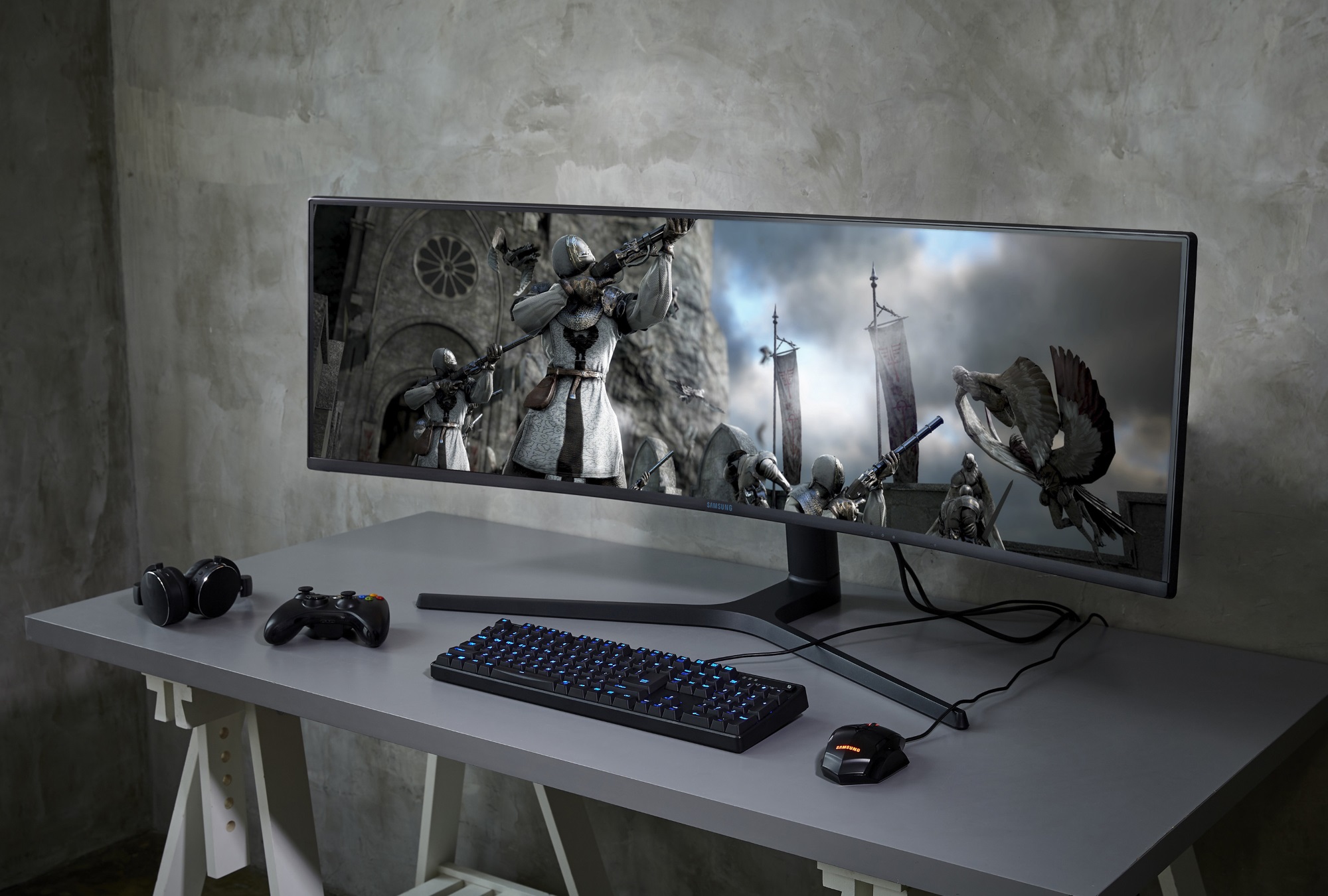As predicted, Twitter’s subtle new feature showing which clients tweets are sent from is already embarrassing brands.
Following on from a Korean boyband sponsored by LG and Apple’s own Music staff, Huawei is the latest to be embarrassed after it sent a New Year’s Eve message using an iPhone.
A since-deleted message included the embarrassing tell-tale detail: “Twitter for iPhone” indicating that the Huawei account had tweeted from an iPhone. The tweet was replaced by another sent from Twitter Media Studio client, which is developed for brands and advertisers and isn’t a fierce rival’s smartphone, but the damage was done.
The internet being the internet, the gaffe was noticed and preserved by many keen people who were to point out the contradiction. The mistake also gained lots of attention on Chinese social network Weibo.
Embarrassed by the episode, the Chinese smartphone firm has slapped those responsible with a fine.
That’s according to Reuters, which got its hands on an internal memo which reveals that two employees responsible have had their salaries reduced by 5,000 yuan, that’s around $730. In addition, one of the pair — reportedly Huawei’s digital marketing director — will have their income “frozen” for a year. While we don’t know their full salary packages and a $730 drop may be less than the cost of an iPhone, it is still bound to sting.
Worst of all, perhaps, it seems that they were not directly at fault for the mistake, which Huawei senior VP Chen Lifang said had “caused damage to the Huawei brand.”
The incident, Reuters reports, was due an error by an agency hired by Huawei:
The mistake occurred when outsourced social media handler Sapient experienced “VPN problems” with a desktop computer so used an iPhone with a roaming SIM card in order to send the message on time at midnight, Huawei said in the memo.
The irony here is that Apple’s near-blanket ban on VPN apps means it would probably have been easier to get access to Twitter using an Android phone. Instead, the agency apparently went to the trouble of acquiring a Hong Kong-based SIM card in order to hop over the Great Firewall and send this ultimately ill-fated missive.
It’s fun to joke about consumer companies relying on their archrivals, but the incident comes at a particularly challenging time for Huawei.
The company’s CFO is currently on bail in Canada where she awaits extradition to the U.S. on charges of fraud that could see her jailed for up to 30 years. But its core business is also under pressure.
Huawei may be best-known for its smartphone business, which ranked second in Q3 2018 with 14.6 market share according to IDC, but its telecom equipment unit has always been its biggest seller and now its future is uncertain. Intelligence leaders from Australia, Canada, New Zealand, the U.K. and the U.S — the so-called ‘Five Eyes’ — are reported to have agreed to a ban on all equipment from Huawei and fellow Chinese firm ZTE, and that’s something that allies such as Japan appear to be joining in on.


 Meanwhile, news that Monzo has begun executing U.S. expansion plans isn’t entirely surprising, even it appears to be happening significantly faster than previously thought.
Meanwhile, news that Monzo has begun executing U.S. expansion plans isn’t entirely surprising, even it appears to be happening significantly faster than previously thought.
